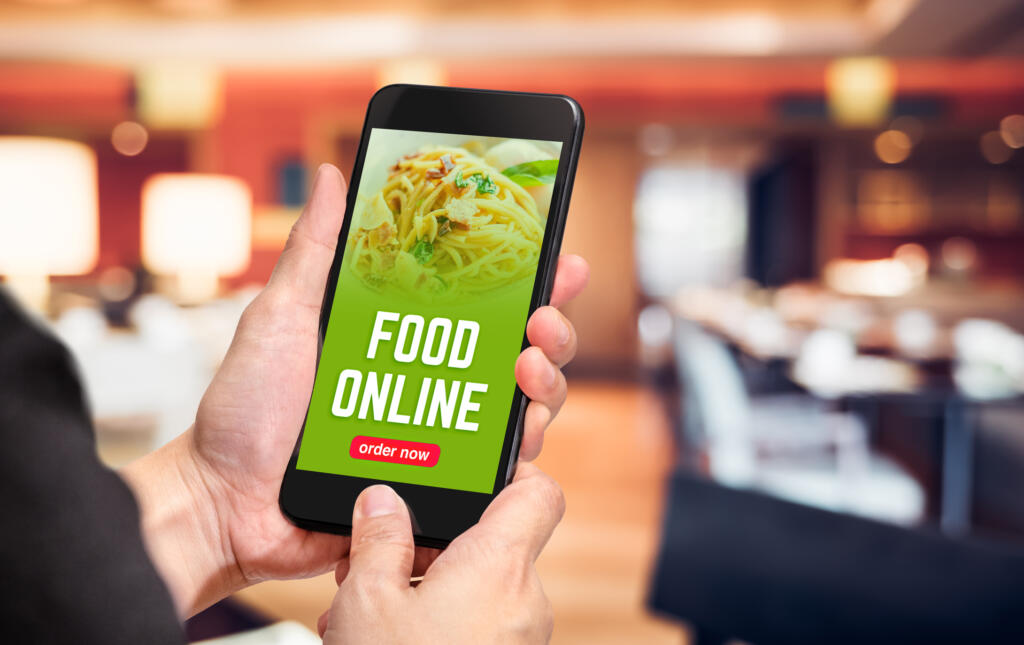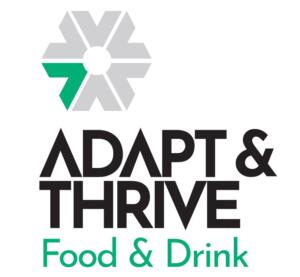
Whether it’s a mid-week takeaway to lift our spirits, or the regular veg box delivery from the local greengrocers, most have us have become partial to food deliveries recently. But what are the risks of online sales?
As we have socially distanced ourselves and changed our consumer habits, it is likely that an increasing number of these orders will have been placed online. Traditional businesses have quickly diversified their operations to respond to their customers’ needs and demands.
However, online sales present risks and opportunities at both ends of the supply chain. As a seller, you need to be aware that when consumers purchase goods or services online, they have considerable rights. These can often seem excessively burdensome; particularly for small businesses.
There is a silver lining for food and drink retailers: when it comes to the distance purchase of food and drink, certain provisions imposed by consumer rights legislation do not apply.
This article sets out the key consumer rights provisions you need to be aware of before selling food and drink online, as well as highlighting some other matters you should consider in order to protect and grow your business.
Does consumer rights legislation apply to my contract?
As a trader, the first thing you will need to do is determine whether your customer is buying as a consumer – if they are, consumer protection law applies.
The Consumer Rights Act 2015 (CRA), which determines the consumer’s statutory rights and remedies, and the Consumer Contracts Regulations (CCR), which deal with cancellation rights, are the key pieces of legislation that you should have in mind.
What are the key provisions of consumer rights legislation which apply to my food & drink business?
We have highlighted below some of the key provisions you should bear in mind with online sales of food and drink:
#1 – Pre-contract information
You are required to provide information about who you and the description of the product you are selling and the price. The full detail of the contract must be made available before the consumer enters into the contract and must also supplied in a durable medium (for example, a version they can download or print).
#2 – Cancellation period
Retailers are usually required to provide consumers with a 14-day “cooling-off” period in which they may decide to change their minds, cancel the contract, return the goods and receive a full refund. If retailers do not provide clear information about the consumer’s right to cancel then the period can be extended to up to 12 months. Exemptions apply for perishable goods, personalised goods, or for hygiene reasons. We have provided more information on this below.
#3 – Cost of returning and refunds
The retailer must bear the cost of returning the unwanted goods during a cooling-off period and must refund consumers within 14 days of a cancellation – provided that the consumer returns the goods within this period and the consumer has a right to cancel.
#4 – Delivery
Goods and services must be delivered within 30 days unless otherwise agreed. Retailers need to be clear and explicit on what constitutes delivery and when it will occur. Foods that need to be refrigerated and that are sent by courier should be delivered as quickly as possible and be kept cool until delivery.
All foods must be delivered to consumers in a way that ensures that they do not become injurious to human health or unfit for human consumption. Food packaging must be strong enough to remain intact and may need to be packed in an insulted box with a coolant gel, or in a cool bag. Any packaging should be capable of protecting the food while it is in transit
#5 – Consumer helplines
You need to provide contact details for customers to contact you – this includes a phone number, even if your business is entirely online. Premium rate helplines are no longer allowed and consumers must only be charged at the basic rate for calling you.
Are there any exceptions?
There are a couple of exceptions to the core legislation that are relevant to food and drinks businesses.
Namely, contracts “for the supply of foodstuffs, beverages or other goods intended for current consumption in the household, and which are physically supplied by a trader on frequent and regular rounds to the consumer’s home, residence or workplace” are wholly excluded from the scope of the CCR. This means that their provisions in respect of cancellation rights and cooling-off periods do not apply to these contracts and you may be able to impose restrictions on customers’ ability to:
- Cancel the order once it has been placed; and
- Return the goods once they have been delivered.
Likewise, there is a partial exemption from the cancellation rights under the CCRs in respect of:
- Goods that are liable to deteriorate or expire rapidly; and
- Wine purchased as an investment or similar, under the precise circumstances listed in regulation 28(1) of the regulations.
This means that, wherever you are selling non-perishable or items with a longer shelf life, you are unlikely to be able to rely on the above exemptions unless you are providing the goods on frequent and regular rounds (for example, do you offer a subscription service under which your products are provided?).
The Consumer Rights Act provisions apply in full to these sales of goods.
Other considerations?
Consumer rights legislation and online sales is just one piece of the legal puzzle that may apply to your business. You should also consider the following and always take legal advice if in doubt:
Planning
If you are changing the use of your premises or the nature of your business, you should consider whether there may be planning consequences.
Food information and labelling
Consumers need clear, accurate and consistent information about the food they buy. These requirements also apply to food sold online.
Trade marks
Consider which elements may be capable of protection by way of a registered trade mark. Find out more in our article here.
Data Protection
Consider what new personal data you may be holding about your customers since you started delivering to them or accepting orders online. You should update your privacy policy or, if you have not started your GDPR compliance journey, now may be the right time to do so! You can read more about how to do that here.
This article is part of our Adapt & Thrive campaign.

